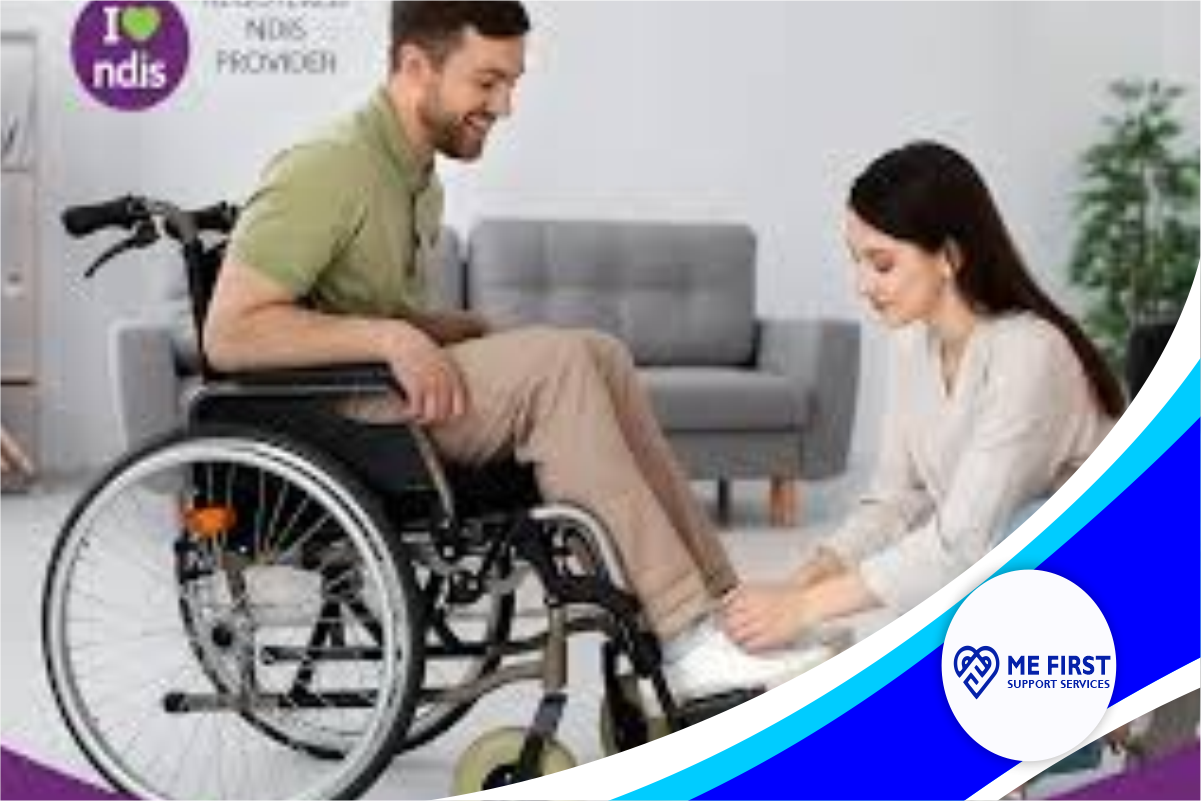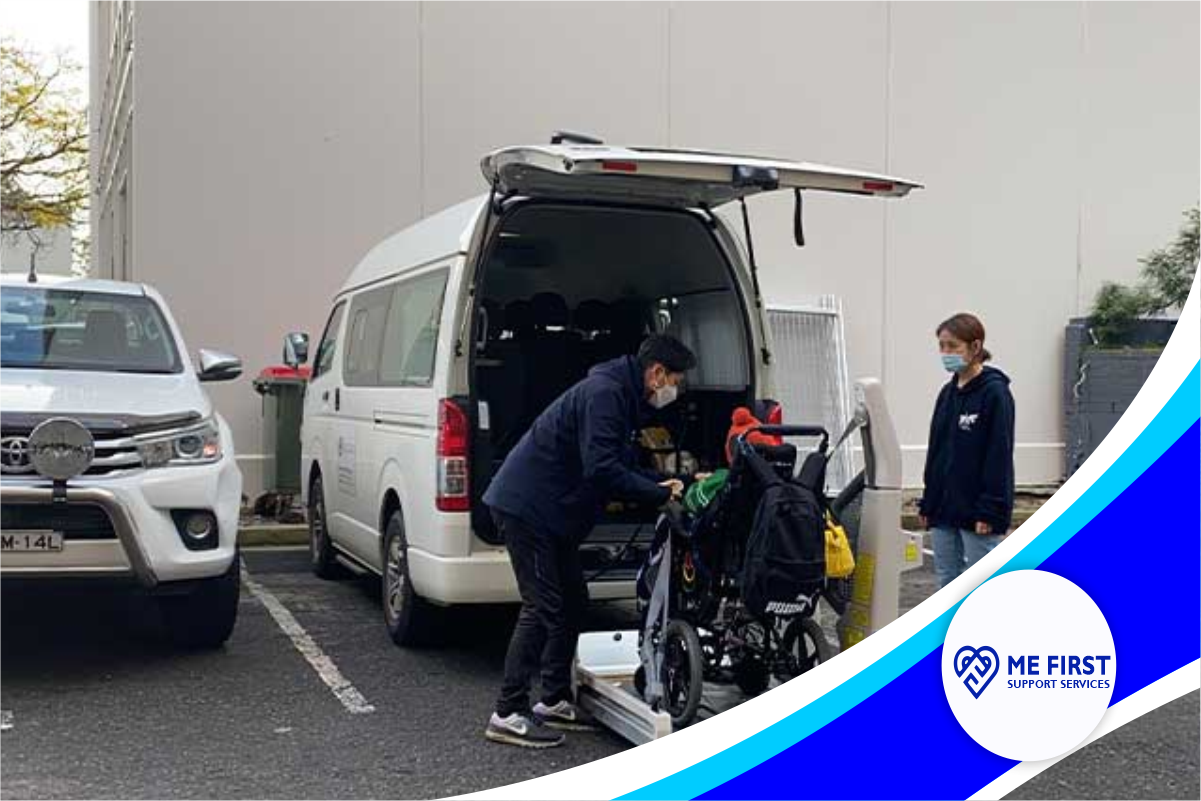For individuals with complex care needs, High Intensity Daily Support provides specialized, one-on-one assistance to help them live safely and comfortably at home or in shared accommodation. This guide explains what it is, who qualifies, and how to access it through the NDIS.
What Is High Intensity Daily Support?
High Intensity Daily Support (HIDS) is an NDIS-funded support category for participants who require:
? 24/7 or frequent complex care due to significant physical, medical, or behavioral needs
? Specialized assistance beyond standard personal care
? Trained support workers with advanced skills
This support falls under Core Supports – Assistance with Daily Life in NDIS plans.
Who Needs High Intensity Support?
You may qualify if you require help with:
1. Complex Medical Needs
-
Ventilator or tracheostomy care
-
PEG feeding (tube nutrition)
-
Severe wound management
-
Catheter/stoma maintenance
2. Physical & Mobility Challenges
-
Full-body hoist transfers
-
Two-person assistance for movement
-
Epilepsy/seizure response
3. Behavioral Support
-
Aggression or self-injury management
-
Psychosocial disability support
-
Autism-related high-needs behaviors
4. Cognitive & Sensory Needs
-
Dementia-related care
-
Severe intellectual disability support
-
Non-verbal communication assistance
How Is It Different from Standard Support?
| Standard Support | High Intensity Support |
|---|---|
| Basic personal care (showering, dressing) | Complex medical procedures (suctioning, tube feeds) |
| 1 staff member sufficient | Often requires 2+ staff |
| No formal clinical training | Workers trained in emergencies |
| Short-term assistance | Continuous or overnight care |
NDIS Funding for High Intensity Support
How It’s Funded
-
Covered under Core Supports – Assistance with Daily Life
-
Requires "Improved Daily Living" in your plan
-
Budget depends on care hours needed (assessed by NDIS)
What’s Included?
? Hourly support (day/night)
? Sleepover or active overnight care
? Specialist staff training costs
? Emergency response protocols
What’s Not Covered?
? Hospital-level nursing (funded separately)
? Supports already provided by health systems
How to Access High Intensity Support
Step 1: Get a Functional Assessment
-
An OT or nurse must document your high-intensity needs.
Step 2: Include in Your NDIS Plan
-
Clearly state why standard support isn’t sufficient.
-
Link to goals (e.g., "Prevent hospital admissions").
Step 3: Choose a Registered Provider
-
Ensure staff have high-intensity training (e.g., first aid, dysphagia management).
Step 4: Regular Reviews
-
Adjust support levels as needs change.
Why Choose Me First Support Services?
We specialize in High Intensity Daily Support with:
? NDIS-registered, highly trained staff
? 24/7 availability (including active nights)
? Collaboration with your medical team
? Respectful, dignity-focused care
"We don’t just meet complex needs—we empower you to live your best life."
? Call 07 3523 2899 | ? info@mefirstsupport.com.au




